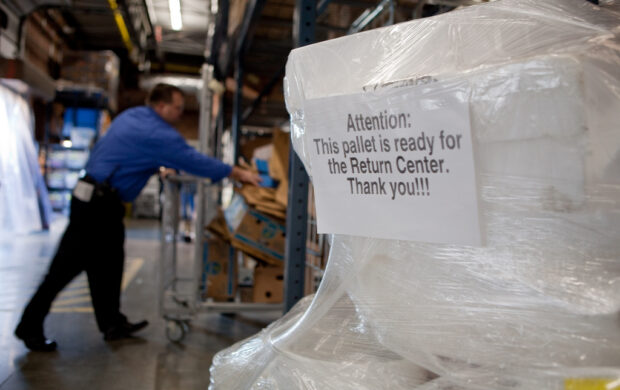Scientists from the Consultative Group for International Agricultural Research (CGIAR) have announced the development of 30 new varieties of ‘heat-tolerant’ beans.
CGIAR had previously warned that an increase in global temperatures is likely to disrupt bean production in countries including Nicaragua, Haiti, Brazil, Malawi and the Democratic Republic of the Congo. Bean crops originate from the cool hills and mountain areas of Central and Southern America, and are therefore not well adapted to high temperatures. CGIAR research estimates over 400 million people rely on bean crops for subsistence.
Through traditional crossbreeding methods, scientists have developed strains of bean that are resistant to drought and higher temperatures. Furthermore, these varieties have been adapted to increase their nutritional value with higher levels of iron.
Although the initial results are promising, the seeds need to undergo further tests before the new bean varieties can be certified and made available to farmers on a mainstream basis.
Image credit: Mememtosis / Flickr














